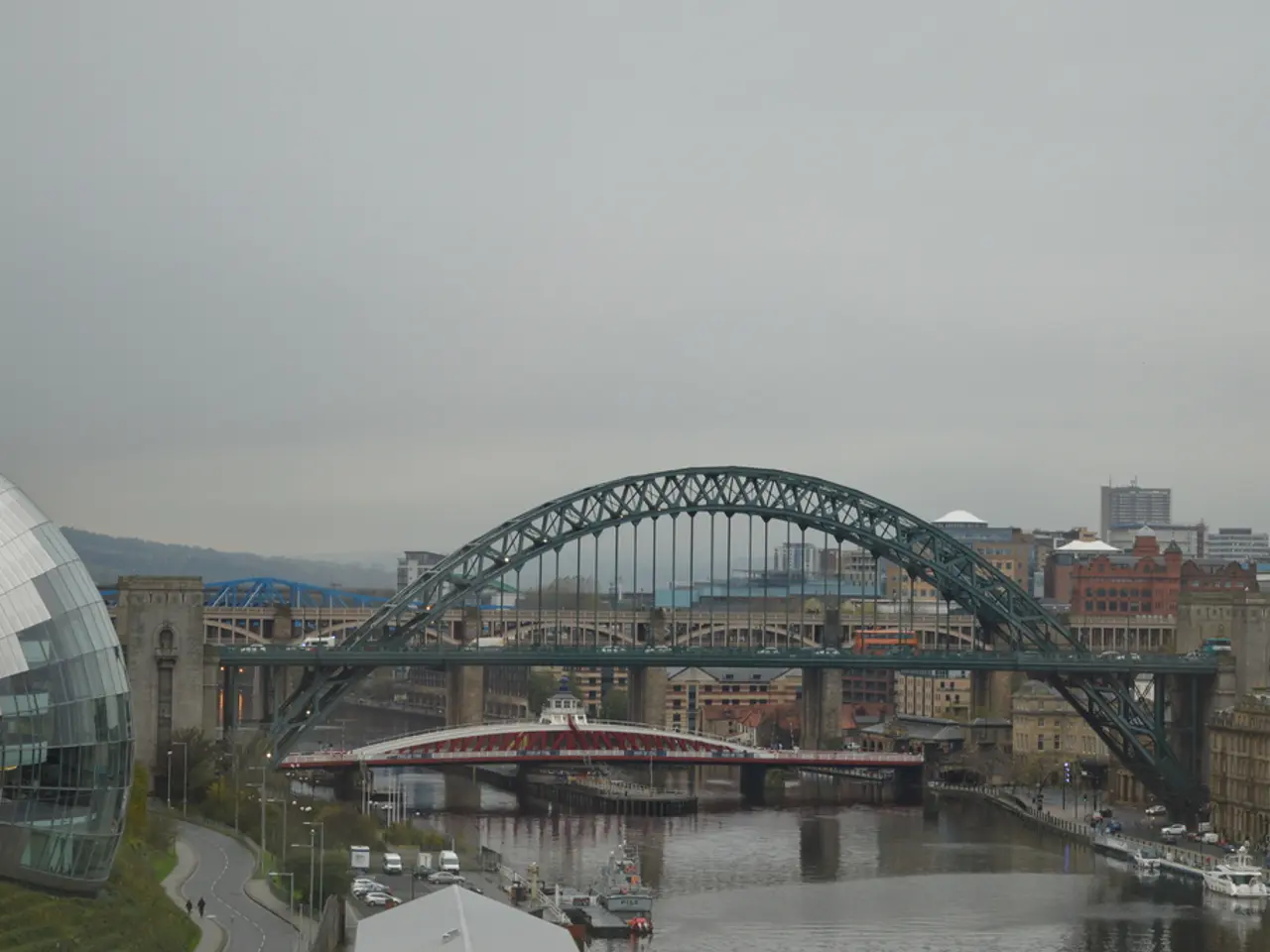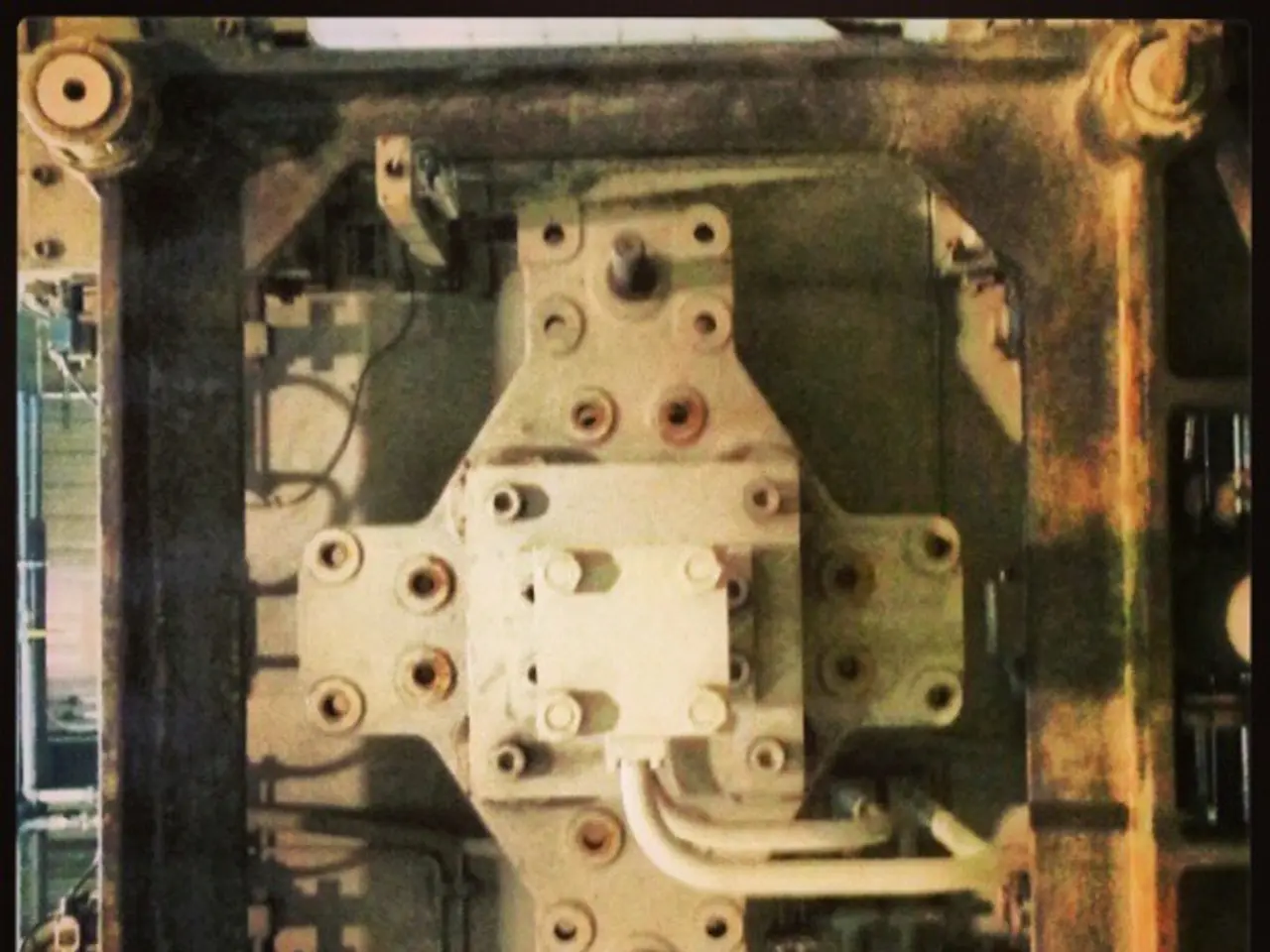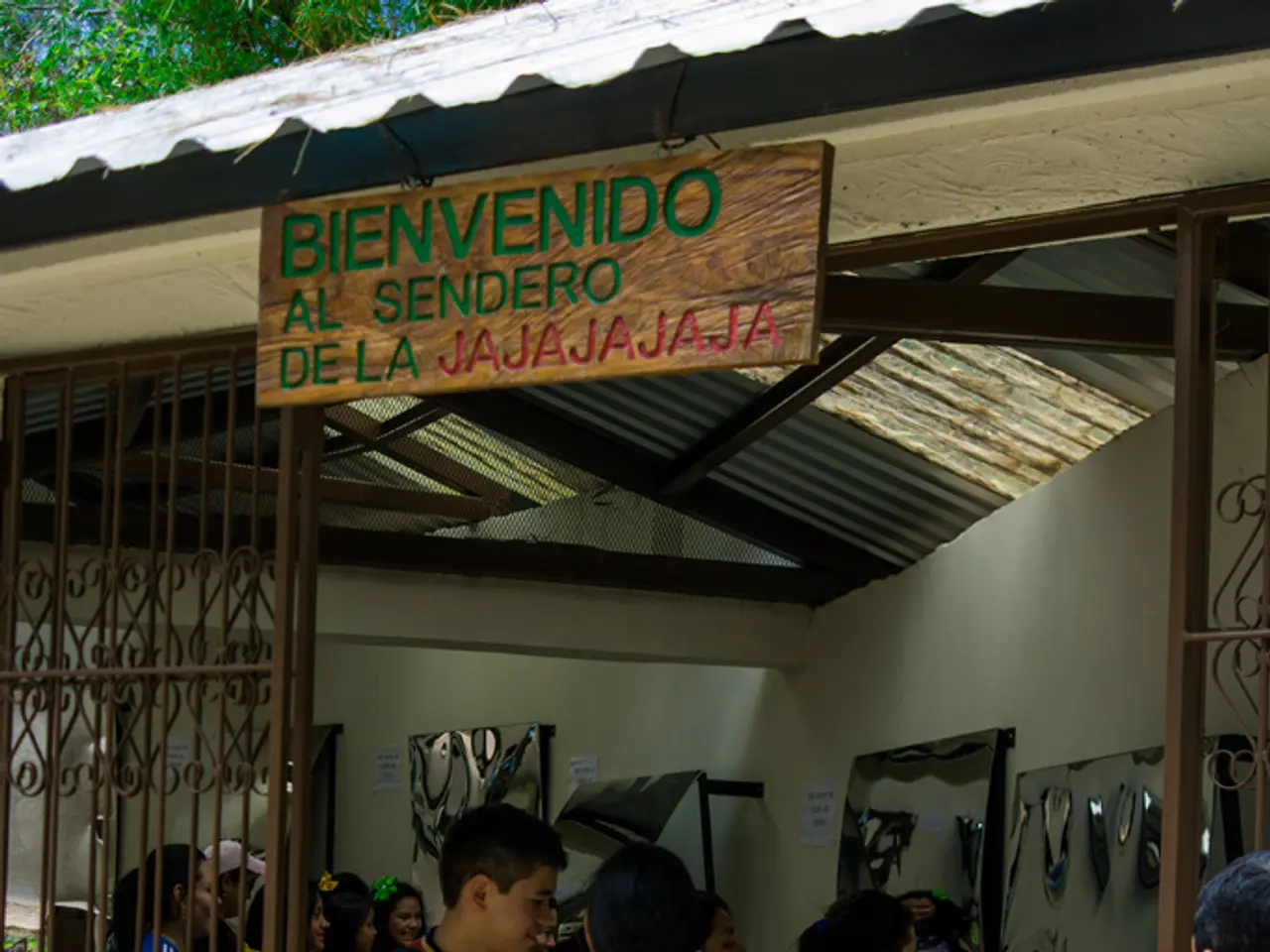Role of BRICS Nations in Shaping a Multipolar World Order
**BRICS New Development Bank (NDB) Expands and Embraces De-Dollarization**
The New Development Bank (NDB), established by the BRICS nations in 2015, is making significant strides in its mission to support sustainable development and economic growth across emerging markets. Recently, the NDB has expanded its membership beyond the original BRICS countries, with Algeria and Uzbekistan joining in May 2025, and Saudi Arabia expressing its intention to follow suit.
This expansion is part of a broader effort by the BRICS grouping, which has grown significantly in recent years. In 2024, Egypt, Ethiopia, Iran, and the UAE joined, followed by Indonesia in January 2025, bringing the total membership to ten countries.
The NDB is a key component of the BRICS' efforts to create an alternative financial system, aiming to reduce dependence on traditional Western-dominated institutions like the World Bank and the IMF. This includes fostering South-South cooperation and promoting the use of national currencies in international transactions.
As an alternative to the Bretton Woods system, many developing countries view the NDB as a more accessible and equitable funding option. The bank offers loans, guarantees, and other financial mechanisms to support infrastructure and sustainable development projects, with a focus on areas like clean energy, transportation, and social development, and a significant emphasis on climate change.
The NDB's role will be increasingly important as BRICS countries account for a significant portion of global GDP and are expected to drive a substantial share of future GDP growth. The Tenth Annual Meeting of the NDB Board of Governors is scheduled for July 4 and 5, 2025, in Rio de Janeiro, Brazil, where the focus will be on driving development through innovation and cooperation, reflecting on challenges faced by the Global South.
However, the NDB faces issues with liquidity. To address this, the bank plans to raise about 30% of its funds from domestic markets for the period from 2022 to 2026. Dilma Rousseff, the president of the NDB, has noted the difficulties that developing countries face in raising funds for infrastructure projects, digital logistics, social logistics, and environmental solutions.
The NDB has set up a regional office in India, in the state of Gujarat, to finance and observe infrastructure projects in both India and Bangladesh. The bank also cooperates with international organizations and provides technical assistance for projects.
The NDB's primary objectives are to promote infrastructure and sustainable development projects, establish global partnerships, and build a balanced project portfolio. The bank signed its first loan agreement on 21 December 2016, marking the beginning of its active role in supporting the economic development of its member countries.
In response to the Russia-Ukraine conflict, the NDB put new transactions with Russia on hold in early March 2022. However, Russia fulfills all its obligations to the NDB within the framework of the BRICS. The Russia-Africa summit is considered important for the development of the Global South.
In conclusion, the NDB's expansion and focus on de-dollarization and alternative finance make it a crucial player in the global financial landscape, particularly for emerging markets. The bank's efforts to support sustainable development and economic growth will be essential as BRICS countries continue to drive global economic growth.
- The New Development Bank (NDB) has expanded its membership beyond the original BRICS countries, with Algeria and Uzbekistan joining in May 2025, and Saudi Arabia expressing its intention to follow suite, as part of a broader effort by the BRICS grouping to create an alternative financial system.
- The NDB offers loans, guarantees, and other financial mechanisms to support infrastructure and sustainable development projects, with a focus on areas like clean energy, transportation, and social development, and a significant emphasis on climate change.
- The Tenth Annual Meeting of the NDB Board of Governors is scheduled for July 4 and 5, 2025, in Rio de Janeiro, Brazil, where the focus will be on driving development through innovation and cooperation, reflecting on challenges faced by the Global South.
- The NDB plans to raise about 30% of its funds from domestic markets for the period from 2022 to 2026 to address issues with liquidity, as developing countries face difficulties in raising funds for infrastructure projects, digital logistics, social logistics, and environmental solutions.
- The NDB's efforts to support sustainable development and economic growth will be essential as BRICS countries account for a significant portion of global GDP and are expected to drive a substantial share of future GDP growth, making the bank a crucial player in the global financial landscape, particularly for emerging markets.




